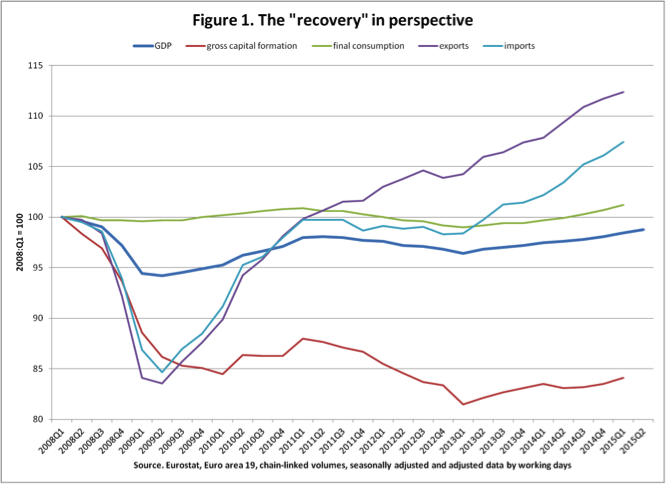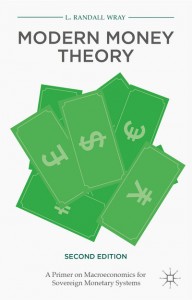Kregel on the Vulture Funds
Jan Kregel, the Levy Institute’s director of research, was recently interviewed by the Buenos Aires Herald regarding Argentina’s economic prospects and its ongoing situation with the “vulture funds.”
On Argentina’s policy challenges:
So there are no alternatives to devaluation?
Argentina has one net advantage. As a result of the vulture funds it’s relatively insulated from the global crisis. Now it has a decision to make on how it is going to respond. China and Brazil didn’t have a choice but Argentina does. There has to be an exchange rate adjustment and it will be difficult because everybody else is doing the same thing. You can do it on a gradual basis but you would be doing it in a non-gradual context, taking the real as an example.
The government claims that a devaluation isn’t necessary and can be replaced by a larger consumption thanks to counter cyclical measures. Do you agree?
If you continue to go counter-current, that means the exchange rate will remain low. The country has a big opportunity to do import substitution due to the global context. Now is the moment to support domestic industry. The question is if you do that by increasing consumption or by more direct policies to stimulate manufacturing industries. You should first do the second, that will then boost consumption.
Argentina saw huge economic growth in the first years of Kirchnerism but now the economy has slowed down. What are the reasons for that?
When I was working at the UN, I used to come to Argentina and present reports at the Economy Ministry. The first question I asked officials is how long they thought Argentina could grow at eight percent. Usually the response was, why I thought that was a problem. Everybody actually believed that eight percent was something that could go on forever—that’s the reason behind Argentina’s current situation. Still, Argentina survived the world economic crisis much better than any other developing country.
And on the vulture funds:
Can the legal conflict with the holdouts be solved?
The most reasonable thing is to do nothing and let it sit there. The current US administration doesn’t support the claims of US investors and if the issue would go to any other court it is unlikely that it would be resolved. If you want to change something you just have to wait for the people who did it to die. Griesa is not very young and eventually has to retire.
Read the entire interview here.










 ShareThis
ShareThis